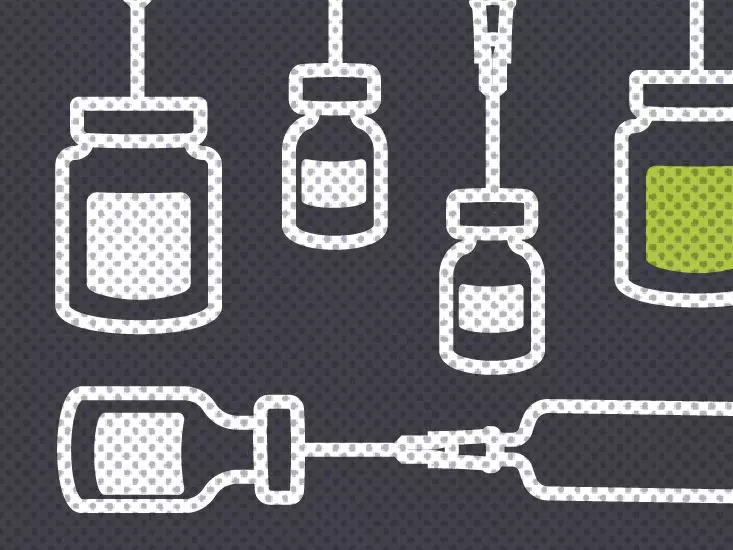Medications for various health conditions can come with a daunting price tag, and Xgeva (denosumab) is no exception. This biologic drug is commonly prescribed for bone-related conditions and is administered through subcutaneous injection. However, the financial aspects surrounding Xgeva aren’t straightforward. This article aims to illuminate the intricate elements that influence the cost of Xgeva, alongside guidance on how to navigate these challenges.
The cost of Xgeva can fluctuate depending on a myriad of factors. The first major influence is your specific treatment plan. Depending on the condition being treated, the doses required can vary widely. Generally, a common dosage is 120 milligrams; nonetheless, the frequency of administration can change significantly from one patient to another. Some patients may receive injections every four weeks, while others may be required to have more frequent doses initially, leading to an increase in overall costs.
Another critical factor is whether you have health insurance coverage. Each insurance plan operates under specific terms and conditions that dictate the out-of-pocket expenses a patient may incur. For example, while some insurance providers may cover a substantial portion of the medication’s cost, others may implement stringent prior authorization requirements before allowing access to Xgeva. Such mandates could further complicate the cost-effectiveness of obtaining treatment.
Not only does the type of insurance affect the cost of Xgeva, but the pharmacy or healthcare facility where the injection is received can also play a pivotal role in determining the price. For patients undergoing treatment in a hospital or specialized infusion clinic, the billing may process differently than for someone receiving the medication in an outpatient setting. Knowing this can help patients anticipate potential discrepancies in pricing. As a result, discussions with one’s healthcare provider and insurance company are vital in developing an understanding of how much Xgeva will ultimately cost.
Moreover, patients should keep in mind any additional expenses they may have to cover. In particular, injectable medications like Xgeva often require the use of needles and syringes, which may not be included in the original prescription cost. Patients should account for these additional supplies when budgeting for their treatment.
Recognizing that the financial burden of biologic medicines can be significant, various programs have emerged to help mitigate costs. One of these is the Amgen SupportPlus Co-Pay Program, specifically aimed at Xgeva patients. This program offers financial support to eligible individuals, easing the out-of-pocket expenses related to the drug. Interested parties are encouraged to reach out to Amgen at 866-264-2778 or explore their website for more detailed information on program specifics and eligibility requirements.
In addition to manufacturer support programs, several third-party websites exist that focus on drug assistance initiatives, comprehensive insurance information, and available savings resources. These resources can be invaluable for patients trying to navigate the complex landscape of drug costs.
Both Xgeva and Prolia contain denosumab and are administered via injection, yet they are designed to treat different conditions and have distinct dosing schedules. This can significantly affect their pricing. While Xgeva is commonly administered every four weeks, Prolia is typically given only once every six months. This discrepancy can impact the total treatment cost over time. Discussing these medications with healthcare professionals can assist patients in making informed decisions that fit their specific needs and financial circumstances.
When dealing with the high costs of medications like Xgeva, open communication with your healthcare provider, pharmacist, and insurance company is paramount. Not only does this facilitate better understanding of potential costs, but it also allows patients to explore viable options for assistance and financial support.
Ultimately, while navigating the intricacies of biologic drug costs can be overwhelming, the information and resources available can empower patients to take control of their treatment journey. As medical advancements continue to evolve, it is crucial to stay informed about both your treatment options and the accompanying financial responsibilities. Always consult healthcare professionals before making any medication-related decisions to ensure you receive the most accurate and applicable information tailored to your treatment needs.

